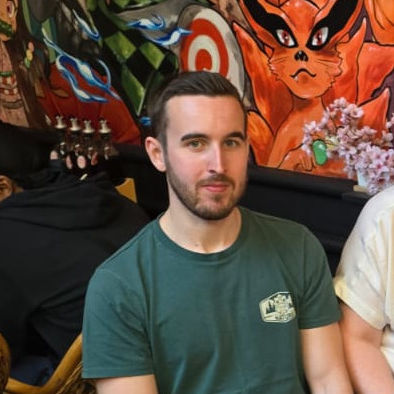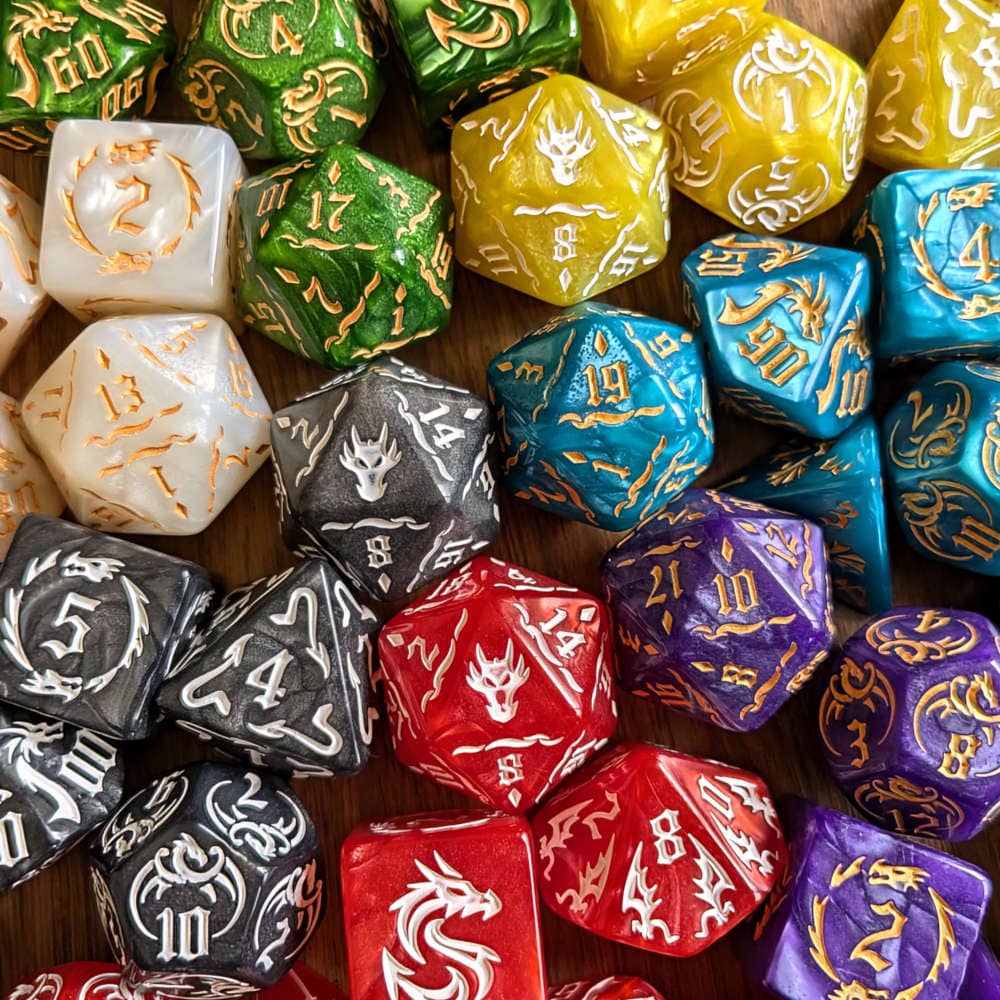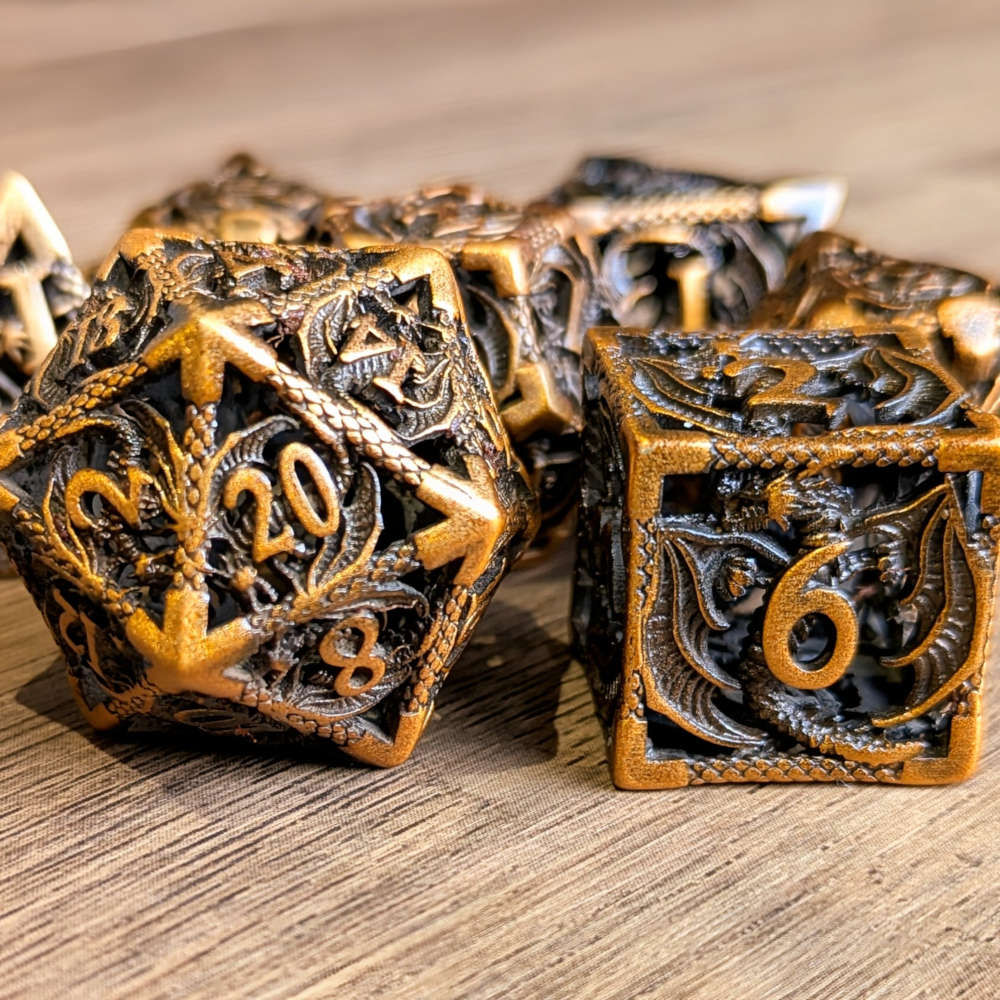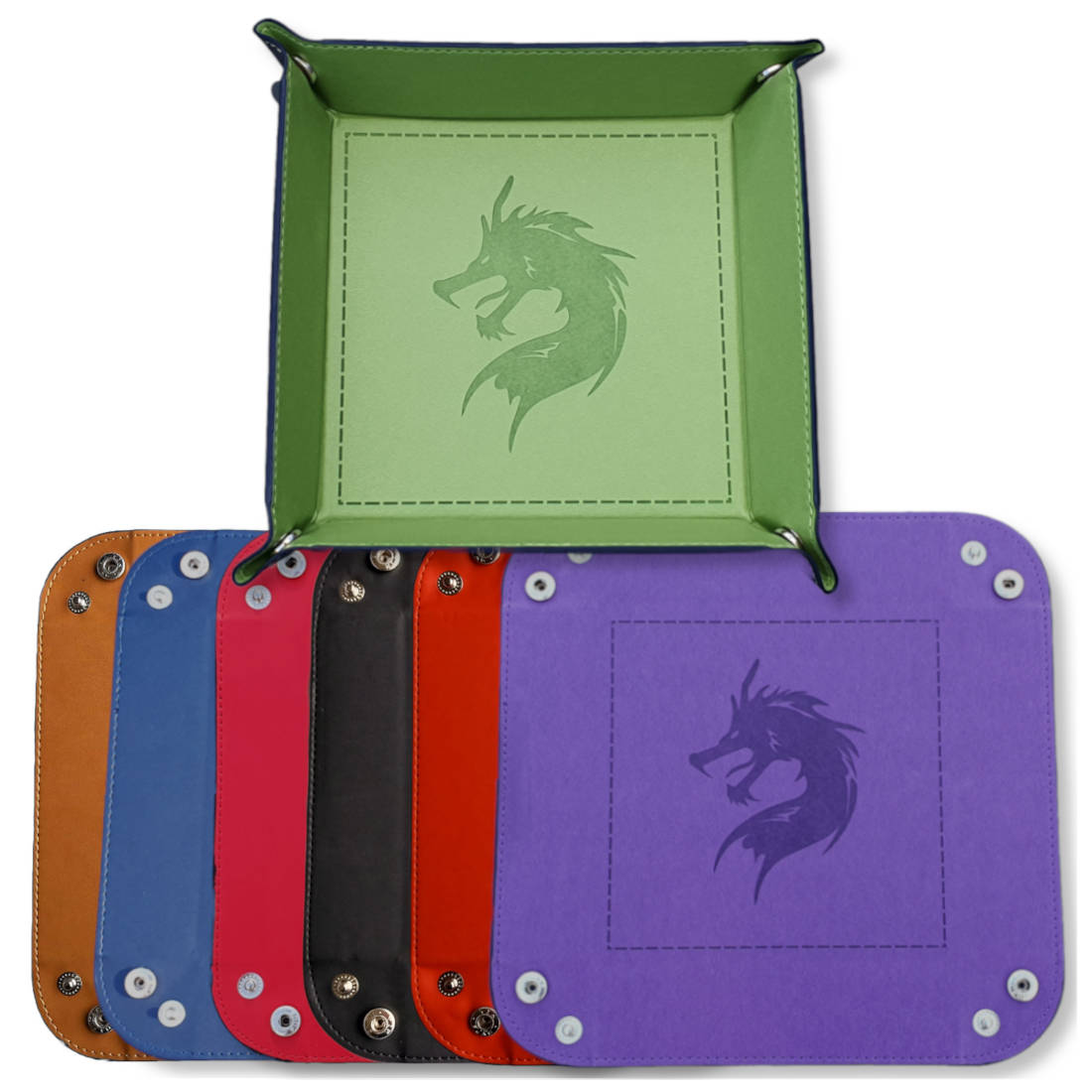How to fix and avoid DM burnout

Being a Dungeon Master (DM) for tabletop roleplaying games such as D&D is an exhilarating journey, but it can also lead to a phenomenon known as DM burnout. Having experienced DM burnout, we understand the darkness it can cast on your fantasy adventures and are here to help.
In this guide, we explain what DM burnout is, exploring its causes and offering practical tips on how to fix it and, more importantly, prevent it from creeping into your adventures going forward.
What is DM burnout?
Burnout is classed as an ‘occupational phenomenon’. This means that it’s something that occurs because of a job, profession, or hobby. It is best defined as a state of emotional, physical, and mental exhaustion caused by long-term stress.
Common signs of burnout include:
- Feeling tired or lacking energy
- Feeling helpless, trapped, or defeated
- Feeling detached and alone
- Having a cynical or negative outlook
- Procrastinating and taking longer to get things done
- Self-doubt, anxiety, and feelings of overwhelm
In tabletop roleplaying games, the Dungeon Master carries the weight of preparing for sessions, crafting intricate narratives, and guiding players through the complexities of a fantastical world. This responsibility can become overwhelming, and over a prolonged amount of time, it can lead to DM burnout. This is one of the reasons that many say being a player is more fun than being a DM in D&D.
What causes DM burnout?
DM burnout stems from player dynamics, problematic sessions, system limitations, and excessive preparation stress. Balancing player engagement, preventing monotony, addressing system issues, and navigating preparation anxieties are crucial for a DM's well-being.
Let’s explore these factors that contribute to DM burnout in more detail:
- Players: inexperienced or inattentive players and out-of-game drama can strain a DM. Attendance issues, distractions, and players acting against the DM can also contribute, as can misaligned expectations due to a lack of session zero.
- Sessions: monotonous, repetitive, or uninteresting sessions and the struggle to maintain creativity can lead to burnout. Players not taking plot hooks is one key aspect that many DMs find contributes to their frustration.
- Systems: systems like D&D often rely heavily on DM guidance, causing additional stress for the DM. On the other hand, systems that require heavy bookkeeping such as Pokemon D&D can cause more work for the DM, increasingly the likelihood of feeling overwhelmed.
- Preparation: DMs, especially beginners, may fall into the trap of over-preparing, leading to anxiety about readiness for the session. The age-old question among Dungeon Masters is ‘have I done enough preparation?’ and this anxiety can cause burnout.
How do you fix DM burnout?
If you find yourself suffering DM burnout, the solution is to pause your campaign and take a break. Rest and recuperation are crucial; burnout is a result of prolonged stress, and the only way to address it is to allow yourself the time and space needed to recover.
If you still yearn for the gaming experience but aren't ready to resume the Dungeon Master role, consider proposing a break to your group. Suggest that one of your players run a one-shot or short campaign, allowing you a break from the role of DM.
Once you feel prepared to return, convene a session with your players. Instead of playing, engage in a discussion about the campaign; what they've enjoyed, what they’ve not enjoyed, and what they want to see more of. Use this valuable feedback to reflect, recharge, and return to the campaign with renewed vigour as a better DM.
We understand it’s tough to ask players for feedback, that’s why we’ve created a guide explaining how to ask for feedback as a Dungeon Master. Our guide offers a list of questions designed to elicit constructive feedback from your players.
How do you prevent DM burnout?
Balance is the key for avoiding DM burnout. Avoid overpreparation and establish the right amount of preparation needed for your games. To do this, take the time to understand yourself and your DM style, allowing you to tailor how much you prepare for D&D sessions so you have just enough but not too much to the point of stressing yourself out.
As you find the right level of preparation, we have some other tips which will also help avoid DM burnout.
Curate your group
Be mindful of the players in your group. Address issues with problem players promptly and maintain a positive and collaborative atmosphere. A cohesive and understanding group contributes significantly to preventing burnout.
Utilise your players
There’s lots of things to think about when you’re the DM. Try delegating some tasks to your players if you feel overwhelmed. For example, ask one of your players to schedule sessions and agree how often your D&D group meets. Ask another to manage initiative order in combat. Sharing the workload promotes collaboration and lessens the burden on the DM.
Set a realistic schedule
Establish a schedule that aligns with your capacity. Avoid overcommitting to frequent sessions if it adds unnecessary pressure. A realistic schedule ensures consistency without sacrificing your well-being. For more help with this, check out our guide that explores how long your D&D games should be.
Take breaks and explore alternatives
If DM burnout looms, consider taking breaks from the ongoing campaign. Explore alternative gaming experiences, such as different TTRPG systems, running one-shots, or even playing as a player rather than as a DM. You could also enjoy different forms of media (TV shows, movies, books), or try out some new D&D house rules to see what sparks your creativity.
Enjoy manageable growth
Prioritise manageable growth for both yourself and the campaign. There’s so much to learn as a DM, so don’t feel like you must do it all perfectly. Gradual and manageable progression sustains the enjoyment of the game for everyone involved.
What can players do to help their DM?
Players can significantly aid their Dungeon Master by expressing gratitude. A post-session debrief is an excellent opportunity to thank the DM for their efforts.
Being a DM is demanding and often thankless, so a sincere expression of gratitude can have a meaningful impact and help them realise that they are appreciated. For other ways on how to become a better D&D player, check out our guide!
Dice and accessories to spice up your adventures
Now that you've explored ways to avoid burnout, delve deeper into the dynamics of Dungeon Mastering with our guide on whether a DM can play a PC in D&D.
Explore our collection of dice for DND and D&D accessories designed to enhance your adventures. Elevate your gaming experience with our heat-sensitive colour-changing dice. These magical polyhedrons change colour as they warm up, adding a touch of enchantment to your tabletop.





